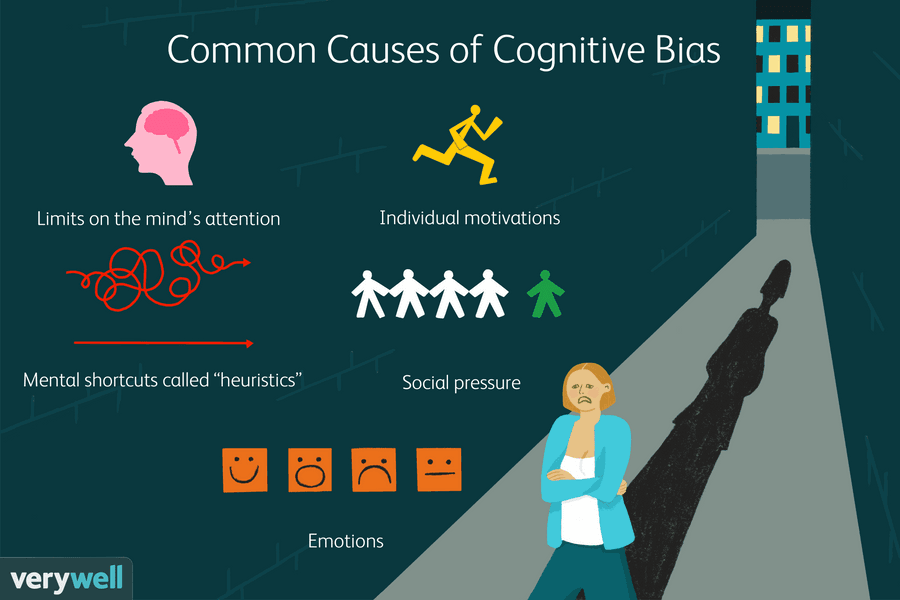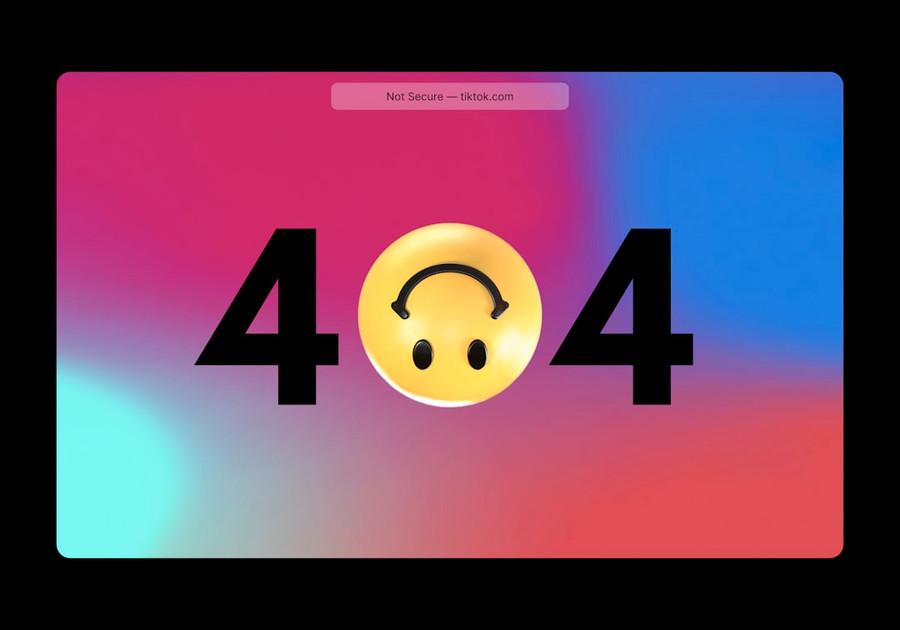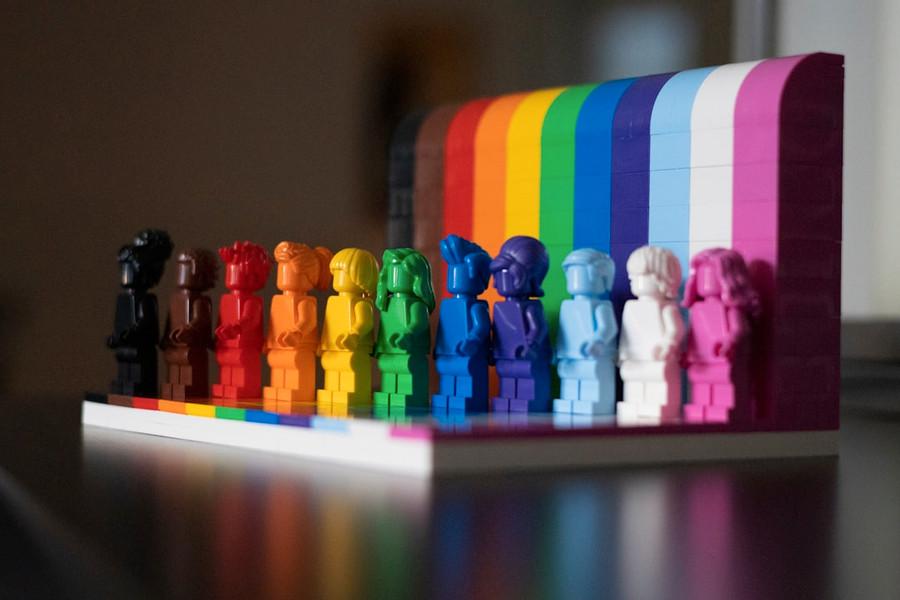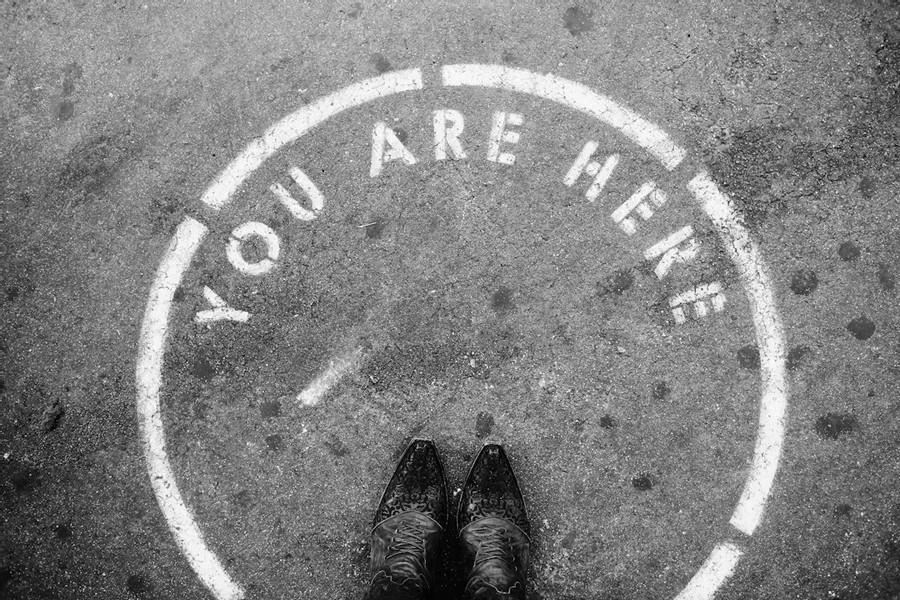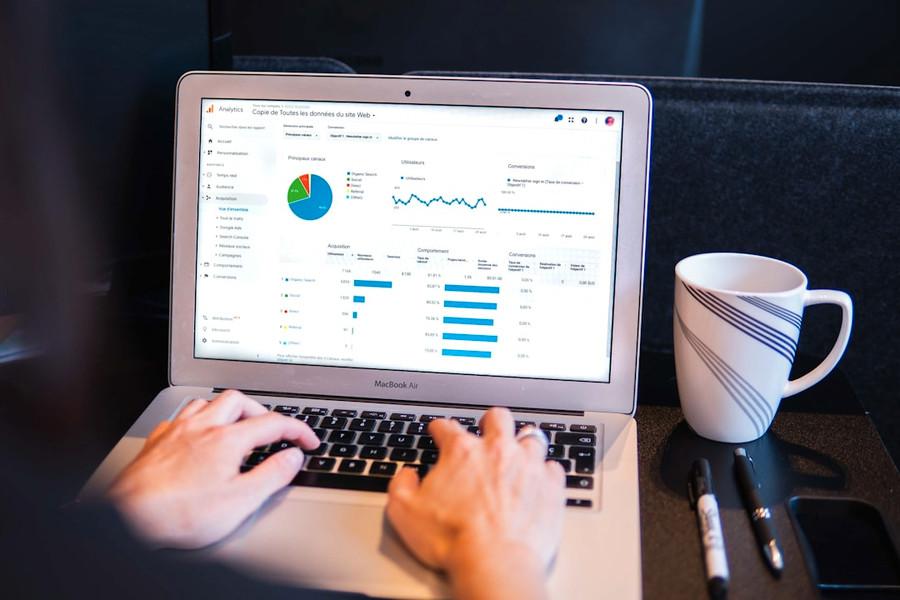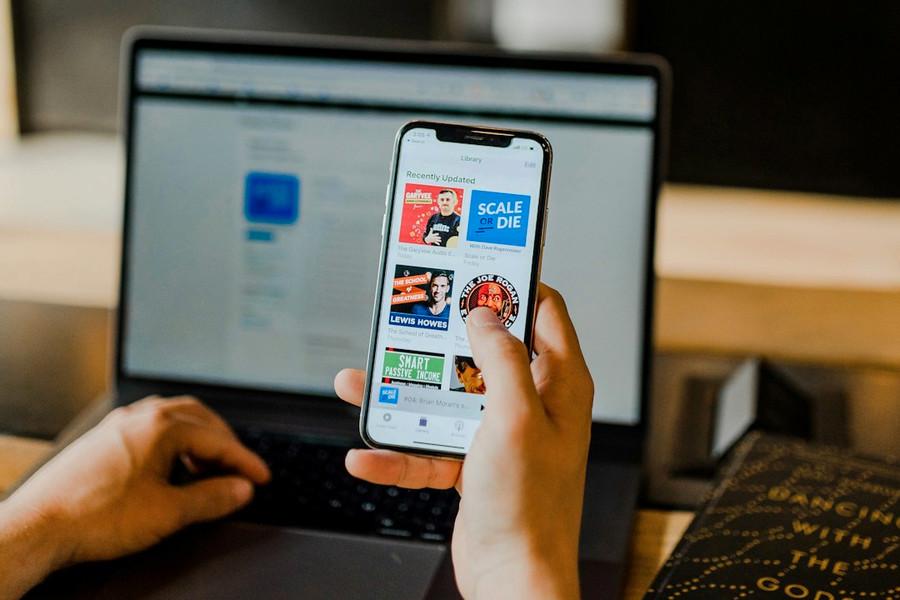25 Cognitive Biases, As Tweeted By Elon Musk
Curated from: mobile.twitter.com
Ideas, facts & insights covering these topics:
26 ideas
·5.28K reads
17
Explore the World's Best Ideas
Join today and uncover 100+ curated journeys from 50+ topics. Unlock access to our mobile app with extensive features.
Cognitive Biases
A quick note about cognitive biases.
What are they?
Why is knowing about them crucial?
All humans make systematic errors in thinking—hurting our judgment.
Being aware of cognitive biases will make you less susceptible to them.
50
314 reads
Fundamental Attribution Error
We judge everyone else on character but blame our shortcomings on the situation.
Example: If Jane is late for work, she’s lazy. If you’re late for work, it’s because of traffic.
56
310 reads
Self-Serving Bias
We chalk failures up to the situation while taking all the credit for our successes.
Example: You earned that A through hard work & skill. Meanwhile, you got a poor grade because of external factors: bad professor, team assignment, etc.
50
291 reads
Ingroup Favoritism
We privilege those in our ingroup over those in an outgroup.
Example: Jackie works in your division, so you value her more than John, who works over in accounting.
49
260 reads
Bandwagon Effect
Concepts, trends, and beliefs catch on as more people validate them.
Example: Jill believes buying an LV bag will make her look chic. Janet does, too.
49
262 reads
Groupthink
We make irrational decisions just to avoid conflict.
Example: Jackie wants to go bowling. Joe wants to buy a cake for a dinner party. You suggest getting a cake in the shape of a bowling ball.
49
238 reads
Halo Effect
Focusing on one trait (positive or negative) as being indicative of the whole.
Example: “Brad must be a great entrepreneur; he’s amazing at golf!”
51
240 reads
Moral Luck
Equating moral superiority with a positive outcome and moral inferiority with a negative outcome.
Example: He won the election because he was morally superior to the loser.
48
227 reads
False Consensus
We assume others agree with us by default.
Example: “Everybody knows that!”
49
226 reads
Curse of Knowledge
We believe that everyone knows the same things we do.
Example: Jane gets frustrated with her son for not understanding multiplication right away.
48
222 reads
Spotlight Effect
We think people are paying far more attention to us than they are.
Example: Josh is worried everyone at work will notice he needs new shoes.
50
221 reads
Availability Heuristic
We make snap judgments based on the most recent information.
Example: When an airline reports a crash, ticket sales go down until people forget about the incident.
50
190 reads
Defensive Attribution
The tendency to blame others for your mistakes out of self-protection.
Example: Brad scapegoats Jill for submitting a bad company report even though he did all the research.
48
176 reads
Just-World Hypothesis
Believing the world to be inherently just, we interpret injustice as bad karma.
Example: Jackie broke her ankle because she made fun of Jill’s medical condition.
47
175 reads
Naïve Realism
We privilege our “objective” view of reality over all others.
Example: “I see things for what they are—everyone else is misinformed.”
47
176 reads
Naïve Cynicism
The assumption that others act only out of self-interest.
Example: “The only reason the boss gave us a bonus is to squeeze extra work out of us.”
47
168 reads
Forer Effect (aka Barnum Effect)
We see ourselves reflected in things that could apply to many.
Example: “Today’s horoscope was spot-on!”
48
165 reads
Dunning-Kruger Effect
The overestimation of ability when one has little experience.
Example: The market firm’s new hire was confident he’d designed the perfect ad campaign, but it ended up losing money.
47
154 reads
Anchoring
We make decisions based on first impressions.
Example: “The label says gluten-free. It must be good for me!”
46
150 reads
Automation Bias
We put too much trust in automated systems to fix our mistakes.
Example: “Grammarly suggested it; therefore, it’s correct.”
46
155 reads
Google Effect (aka Digital Amnesia)
We don’t store information in our brains that’s conveniently found online.
Example: “Who was that actor in the latest Marvel film? I’ve Googled it like ten times...”
48
159 reads
Reactance
We go against orders, especially when we see them as an assault on our freedoms.
Example: “I don’t care if your sign says masks are required. I can do whatever I want.”
46
155 reads
Confirmation Bias
We seek out (and retain) information that confirms what we already believe.
Example: Flat Earthers base their beliefs on a feeling, ignoring all evidence to the contrary.
46
147 reads
Third-Person Effect
We see ourselves as more immune to media than others.
Example: “See how brainwashed you’ve become?!”
47
150 reads
Belief Bias
We tend to accept the outcome of an argument only if it matches what we believe.
Example: All fish can swim, and whales can swim; therefore, whales are fish.
47
168 reads
Backfire Effect
You interpret evidence that disproves your belief as a confirmation of it.
Example: You insist the world is flat because NASA faked all those photographs of Earth.
46
183 reads
IDEAS CURATED BY
CURATOR'S NOTE
This is the first part of 50 cognitive biases, as tweeted in an infographic by Elon Musk.
“
Ralph Caldwell's ideas are part of this journey:
Learn more about problemsolving with this collection
How to create customer-centric strategies
The importance of empathy in customer success
The impact of customer success on business growth
Related collections
Similar ideas
25 ideas
25 More Cognitive Biases, As Tweeted By Elon Musk
mobile.twitter.com
8 ideas
Elon Musk
Walter Isaacson
7 ideas
Elon Musk
Walter Isaacson
Read & Learn
20x Faster
without
deepstash
with
deepstash
with
deepstash
Personalized microlearning
—
100+ Learning Journeys
—
Access to 200,000+ ideas
—
Access to the mobile app
—
Unlimited idea saving
—
—
Unlimited history
—
—
Unlimited listening to ideas
—
—
Downloading & offline access
—
—
Supercharge your mind with one idea per day
Enter your email and spend 1 minute every day to learn something new.
I agree to receive email updates

